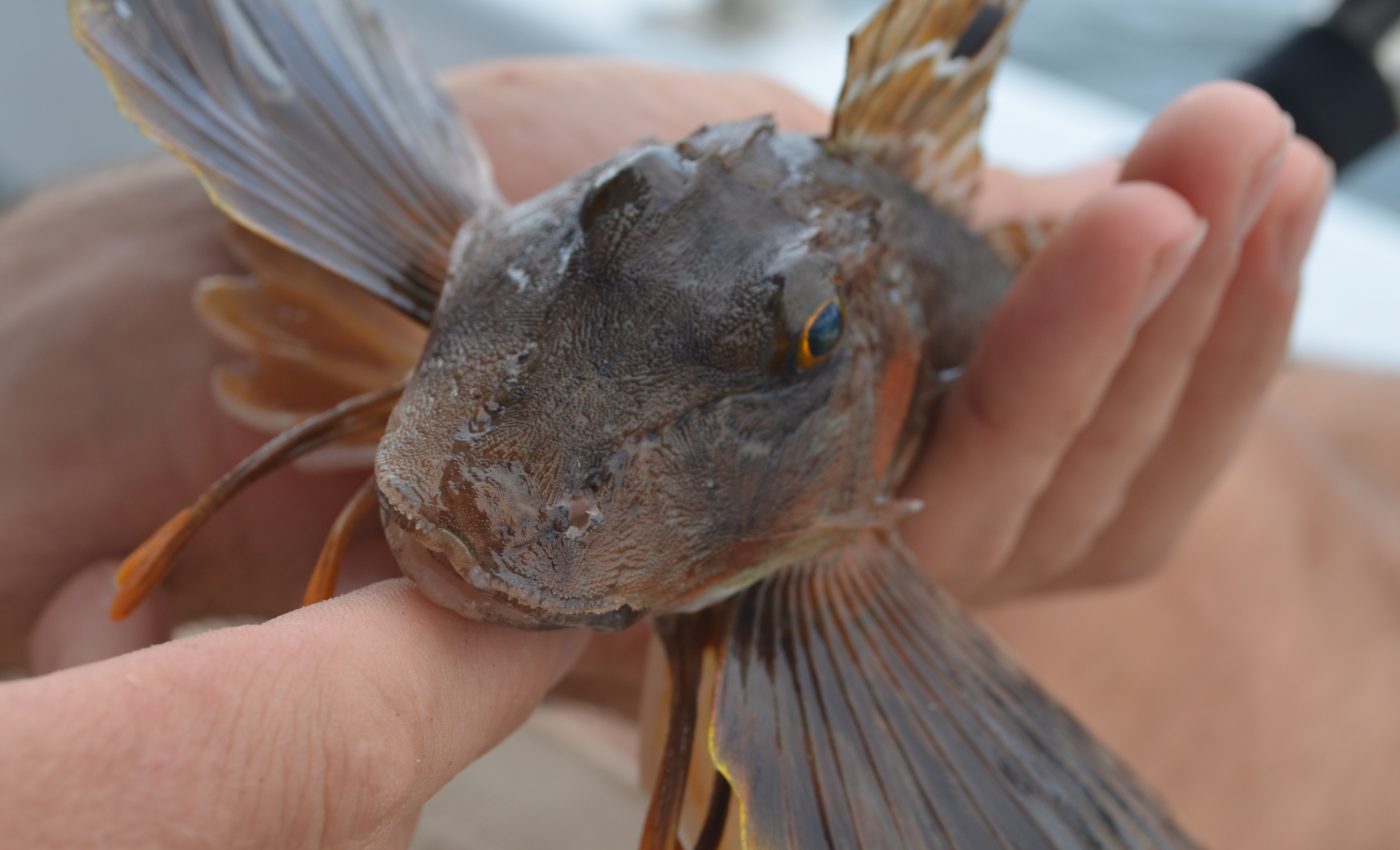
Marine species are vanishing twice as fast as land species
A new study led by Rutgers University has revealed that global warming has caused twice as many ocean-dwelling species to disappear from their habitats compared to terrestrial species. According to the researchers, the greater vulnerability of marine animals may significantly impact coastal communities that rely on fish for food and economic security.
The research is the first of its kind to compare the susceptibility of cold-blooded marine and land animals to global warming. The team also investigated the ability of various species to remain in their natural habitats while finding refuge from the heat.
The researchers reviewed studies on nearly 400 species such as fish, lizards, and spiders. They estimated safe conditions for 88 marine and 294 land species and examined the coolest temperatures available to them during the hottest parts of the year.
“We find that, globally, marine species are being eliminated from their habitats by warming temperatures twice as often as land species,” said lead author Professor Malin Pinsky. “The findings suggest that new conservation efforts will be needed if the ocean is going to continue supporting human well-being, nutrition and economic activity.”
The experts determined that marine species are more likely to experience dangerously high temperatures. Furthermore, many land animals can hide from the heat in forests or underground, which is not an option for most sea creatures.
The study authors noted that past extinctions have often been concentrated at specific latitudes when the climate changed rapidly. As global warming continues, more species will vanish from their local ocean habitats, which will have cascading impacts across other marine ecosystems.
“Understanding which species and ecosystems will be most severely affected by warming as climate change advances is important for guiding conservation and management,” wrote the researchers.
The study is published in the journal Nature.
—
By Chrissy Sexton, Earth.com Staff Writer
Paid for by Earth.com
Image Credit: Malin Pinsky/Rutgers University-New Brunswick













